Profile:
Takahashi Hideki, Japanese, born in 1965, General Manager of Sumitomo Construction Machinery (Tangshan) Co., Ltd., awarded the Yan Zhao Friendship Award in 2020.
Reading Tips:
On September 6, speaking of the industrial transformation and upgrading of Tangshan and even Hebei, Takahashi Hideki, General Manager of Sumitomo Construction Machinery (Tangshan) Co., Ltd., praised, "At the beginning of the factory construction, our parts suppliers were mainly Japanese companies. But now, our suppliers are continuously shifting from overseas ones to domestic ones, from southern China to Hebei, and to Tangshan."
In 2017, Takahashi Hideki, as a management personnel, was dispatched to Sumitomo Construction Machinery (Tangshan) Co., Ltd. by the Sumitomo Group of Japan and became the general manager of the company the following year.
During his more than four years in Hebei, he deeply involved himself in the construction machinery industry, witnessed the industrial transformation and upgrading of Hebei and the changes in the business environment, and he has been actively recommending foreign investors to come to Hebei on various occasions.
Reporter: Sumitomo Group is a world-renowned enterprise mainly engaged in the manufacturing and sales of advanced equipment and machinery. We understand that Sumitomo Construction Machinery (Tangshan) Co., Ltd., established in 2007, is the first hydraulic excavator production factory set up by Sumitomo Group outside Japan. We are curious, why did Sumitomo Group choose Hebei as the first location for overseas factories?
Takahashi Hideki: I came to Sumitomo Construction Machinery (Tangshan) Co., Ltd. as a management personnel in 2017, first serving as the head of the quality department, and the following year I began to serve as the general manager.
Although I did not participate in the initial site selection, I have some understanding of the process of building factories in China.
Before 2007, Sumitomo Construction Machinery only had factories in Japan, and products such as hydraulic excavators sold worldwide came from domestic factories. In order to expand production capacity, the group decided to set up factories overseas, and the first choice was China. In China, they visited many cities, including the Yangtze River Delta region, but finally chose Tangshan, Hebei.
As far as I know, they value the rich industrial foundation here, and there are industrial vocational and technical colleges locally, with abundant professional and technical talents in the industry; various supporting parts and components are complete, facilitating local procurement of steel, welding parts, etc.; there are also ports, making transportation of exported products very convenient.
Reporter: In the past few years in Hebei, what are your experiences of the industrial transformation and development of Hebei and even China?
Takahashi Hideki: For the construction machinery industry that I am quite familiar with, the continuous upgrading of Chinese products is quite obvious. Previously, foreign-produced products accounted for about 50% of the construction machinery sold in China, but now about 80% are produced locally in China.
Why? Firstly, Chinese manufacturing companies are willing to invest in equipment, greatly improving production technology and stabilizing product quality; secondly, Chinese factories are continuously undergoing automation upgrades, such as replacing workers with robots, greatly reducing labor costs, and making products cheaper.
The most direct change I feel is that at the beginning of the factory construction, our parts suppliers were mainly Japanese companies. But now, our suppliers are continuously shifting from overseas to domestic, from southern China to Hebei, Tangshan, greatly saving logistics costs for us.
Confident in Future Development
Reporter: We understand that as the general manager, you place great emphasis on the company's investment in reducing pollution and protecting the environment. What are the considerations behind this?
Takahashi Hideki: Our company's main products are hydraulic excavators and asphalt pavers. Energy conservation and reducing fuel consumption have always been the principles and relentless pursuits in our product design and production.
In particular, the Sumitomo Group launched the Sumitomo 20-ton class LEGEST new excavator in 2007, which saves fuel by 20% compared to previous products. This product won the "Energy Conservation Award" in Japan.
As long as it is within our financial capabilities, we actively invest in environmental improvement and upgrading required by local governments. For example, there are many painting equipment in the factory, and painting will produce volatile organic compounds (VOC). To reduce VOC emissions, the company invested 20 million yuan in new equipment. In addition, because smoke and dust are generated during welding, we have also installed dust collection equipment.
In terms of environmental improvement, we feel that the local government has done a lot of work in terms of institutional formulation, industrial layout, and daily supervision. Since we have built a factory here, we should also make efforts to improve the environment. From the company's perspective, we also hope to attract more overseas talents to settle in the enterprise with excellent ecological environment, so that they can live and thrive here peacefully.
Reporter: Regarding the changes in the environment around you, do you have any personal feelings?
Takahashi Hideki: The contrast is very obvious. When I first arrived in 2017, there were haze days every year, especially in autumn and winter. But now, most days are clear, thanks to vigorous environmental governance. From large-scale industrial layout adjustments, such as the "city retreat and relocation" of HBIS Tangshan, to small-scale measures such as scattered pollution control and street sprinkling for purification, everyone can witness it.
Every day on my commute route, I pass through the lush Tangshan Flower Sea along the outer ring road. I heard that it used to be a coal mining subsidence area. After ecological restoration, it has now become an urban garden and has also driven the development of tourism.
As a Sumitomo employee, the Tangshan Flower Sea deeply impresses me. Sumitomo Group started with mining. In the process of mining and smelting development, it also caused environmental damage. In order to change this situation, we followed the social trend, planted trees in the mining area, and thus Sumitomo Forestry was born. Therefore, the changes that have occurred around us in recent years not only make me feel familiar but also make me confident in the future ecological environment of Hebei and even China.
Reporter: It is said that you have been actively recommending foreign investors to invest in Tangshan on various occasions. In the past few years in Tangshan, what is your take on the changes in the business environment around you?
Takahashi Hideki: Previously, I thought that the relationship between government and enterprises was that the government was on top and issued orders as it wished. But in Tangshan, government leaders told me that they need to listen to the opinions of companies about urban development decisions. They often communicate with us.
Actually, as far as I know, in 2007, our company finally settled in Tangshan, which is closely related to the good investment environment in Tangshan. At that time, our current neighbor - Sumitomo Heavy Industries (Tangshan) Co., Ltd., recommended to the headquarters, saying that during the process of dealing with the local government, they felt the sincerity of the local government's connection with enterprises, which also gave us confidence in the development of enterprises here.
Not only did it attract us to build a factory here initially, but over the past decade, this good business environment has always witnessed the growth of our company.
For example, last year, I participated in a symposium sponsored by the government, where everyone spoke freely, and the atmosphere was very good. At the meeting, I represented Japanese-funded enterprises and raised some concerns. The government leaders listened carefully and made detailed inquiries on the spot, which made me feel that the government values our voice and also enhanced mutual understanding and trust.
In recent years, I have also been invited to participate in some promotional events organized by the government. Not only can I have the opportunity to understand the future development direction of Hebei and Tangshan, but it also strengthens my strong willingness to recommend Tangshan and Hebei to more international friends.
Events
More+-

Chengdu Symphony Orchestra2025-2026 Season Concert—Music Talk Series 2“Chinese Spring Festival Melodies”
-

Exhibition of Zhao Yunyu’s Calligraphy and Painting from the Chengdu Museum Collection
-

The 55th Chengdu InternationalPanda Lantern Festival
-
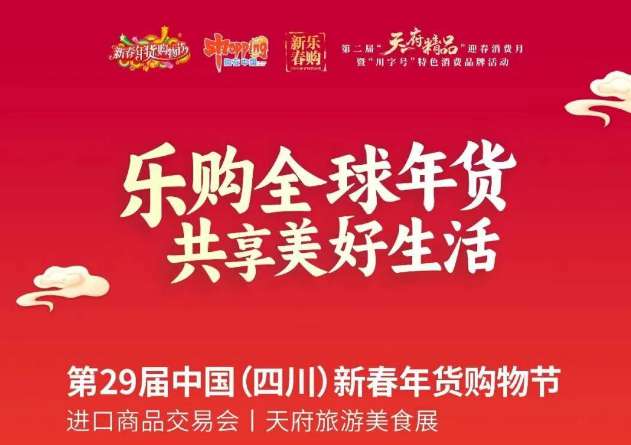
The 29th China (Sichuan) New Year Shopping Festival
-

2026 BJ Online New Year Shopping Festival Unfolds



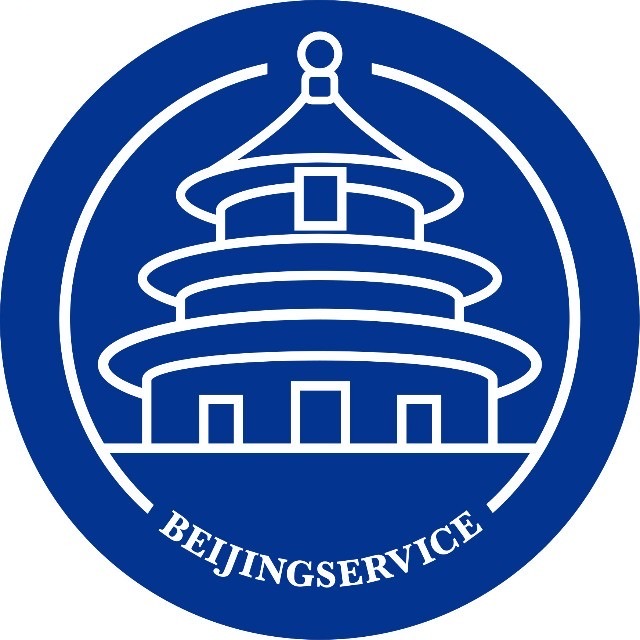
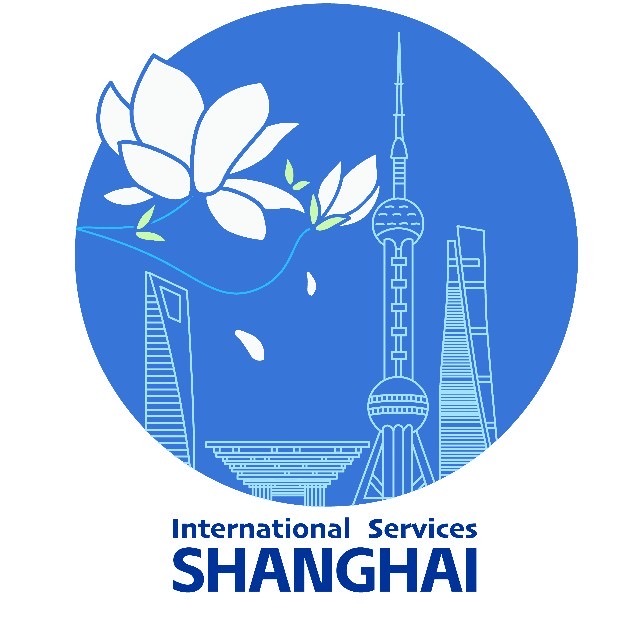



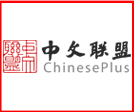
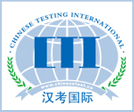
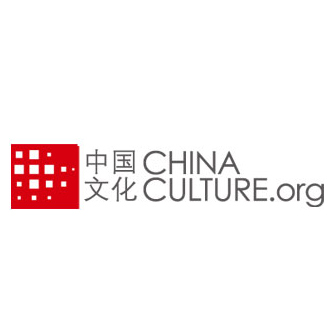
 京公网安备
京公网安备